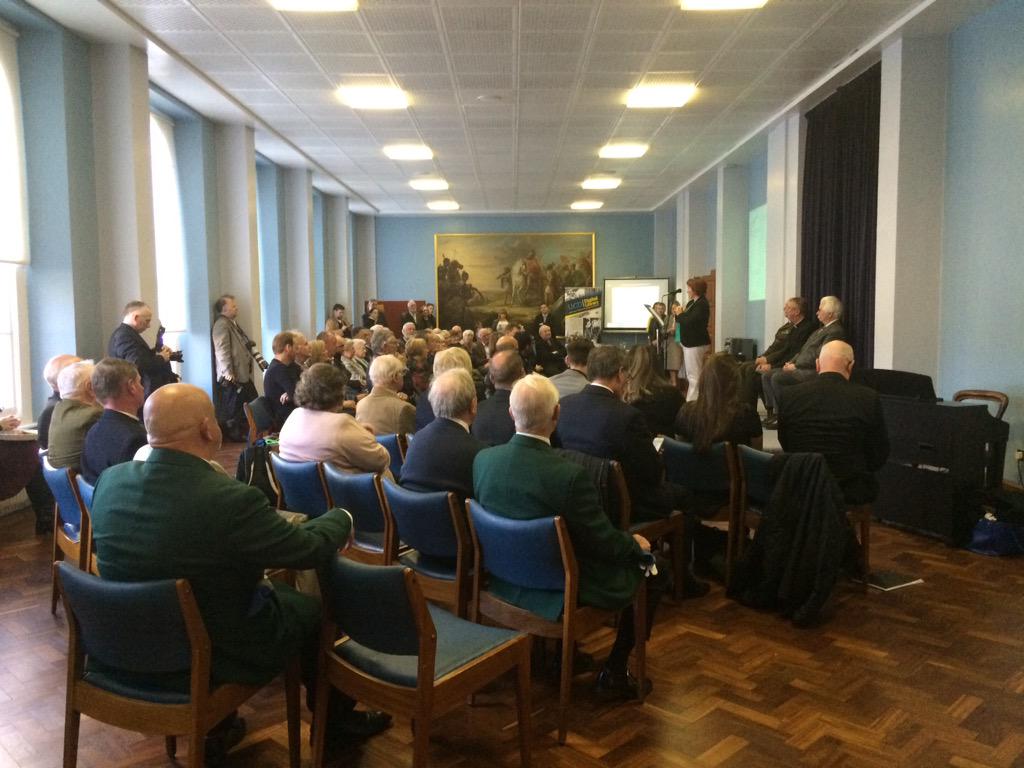Pages 7 and 8
Jockers is talking here about Ian Watt’s method in Rise of the Novel
What are we to do with the other three to five thousand works of fiction published in the eighteenth century? What of the works that Watt did not observe and account for with his methodology, and how are we to now account for works not penned by Defoe, by Richardson, or by Fielding? Might other novelists tell a different story? Can we, in good conscience, even believe that Defoe, Richardson, and Fielding are representative writers? Watt’s sampling was not random; it was quite the opposite. But perhaps we only need to believe that these three (male) authors are representative of the trend towards "realism" that flourished in the nineteenth century. Accepting this premise makes Watts magnificent synthesis into no more than a self-fulfilling project, a project in which the books are stacked in advance. No matter what we think of the sample, we must question whether in fact realism really did flourish. Even before that, we really ought to define what it means "to flourish" in the first place. Flourishing certainly seems to be the sort of thing that could, and ought, to be measured. Watt had no yardstick against which to make such a measurement. He had only a few hundred texts that he had read. Today things are different. The larger literary record can no longer be ignored: it is here, and much of it is now accessible.
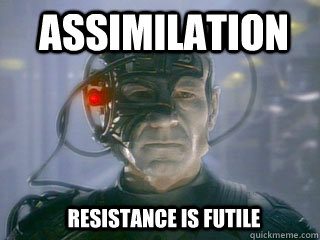



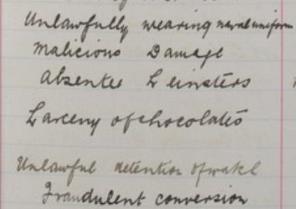


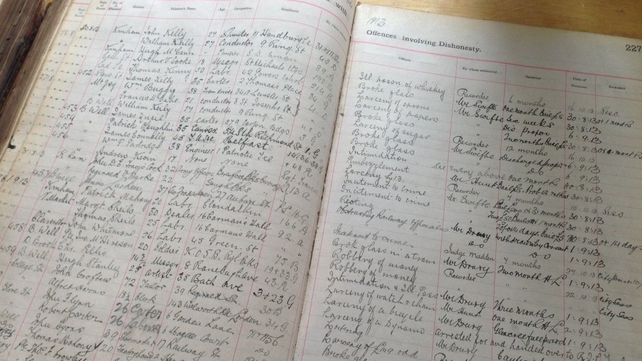


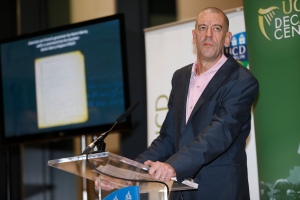 .
.

